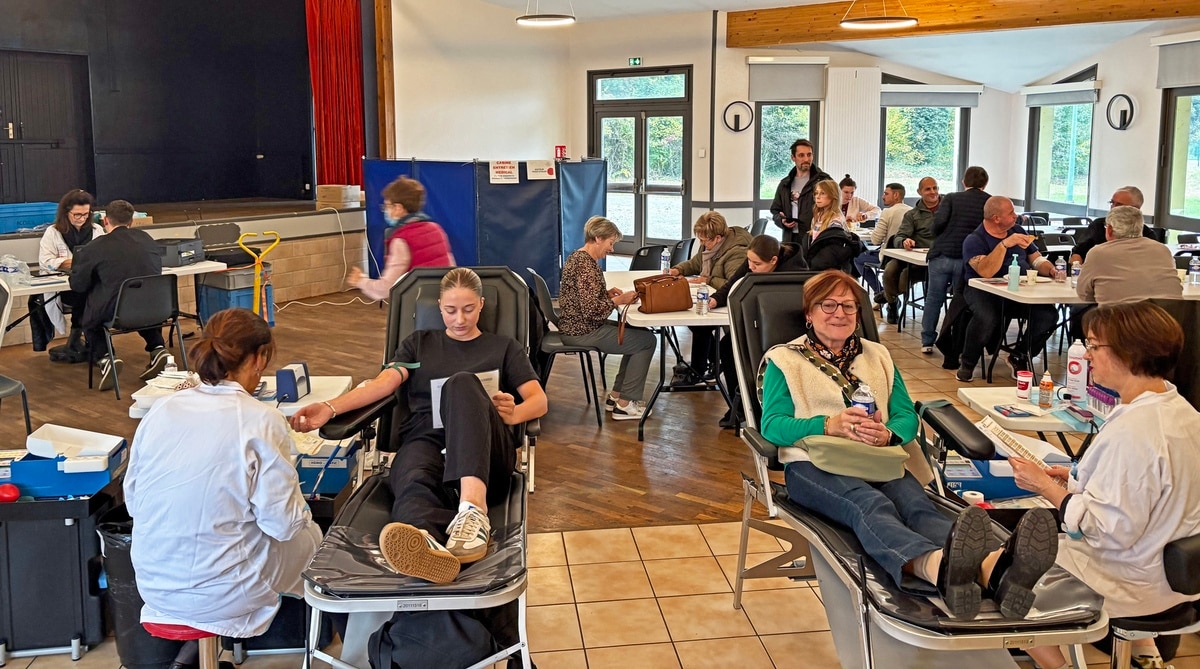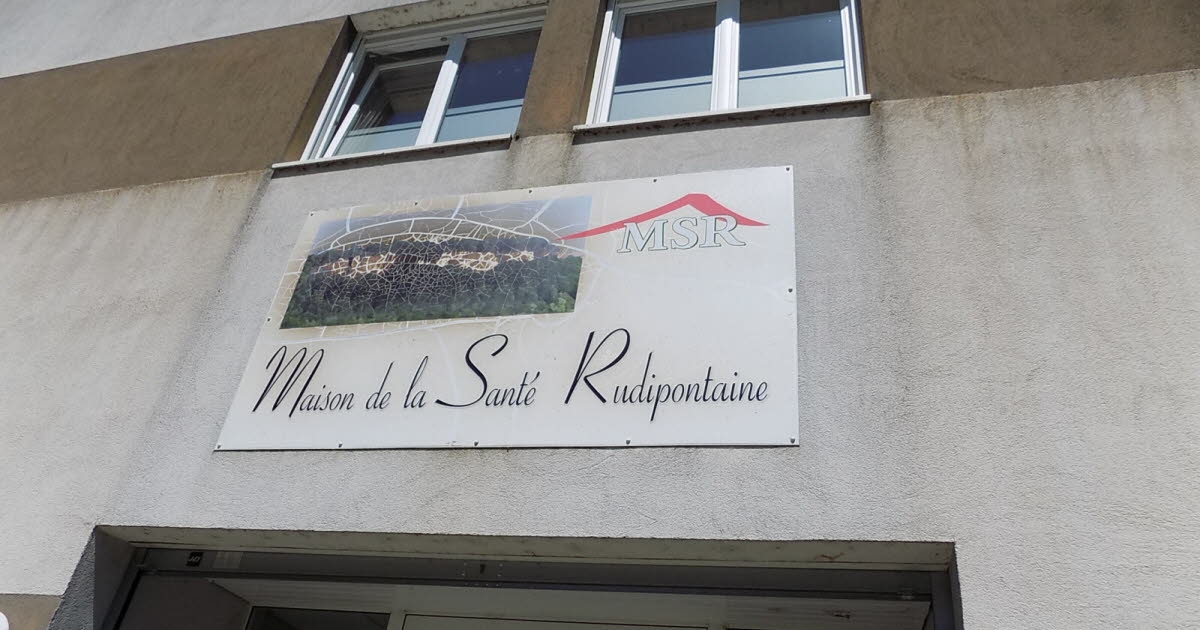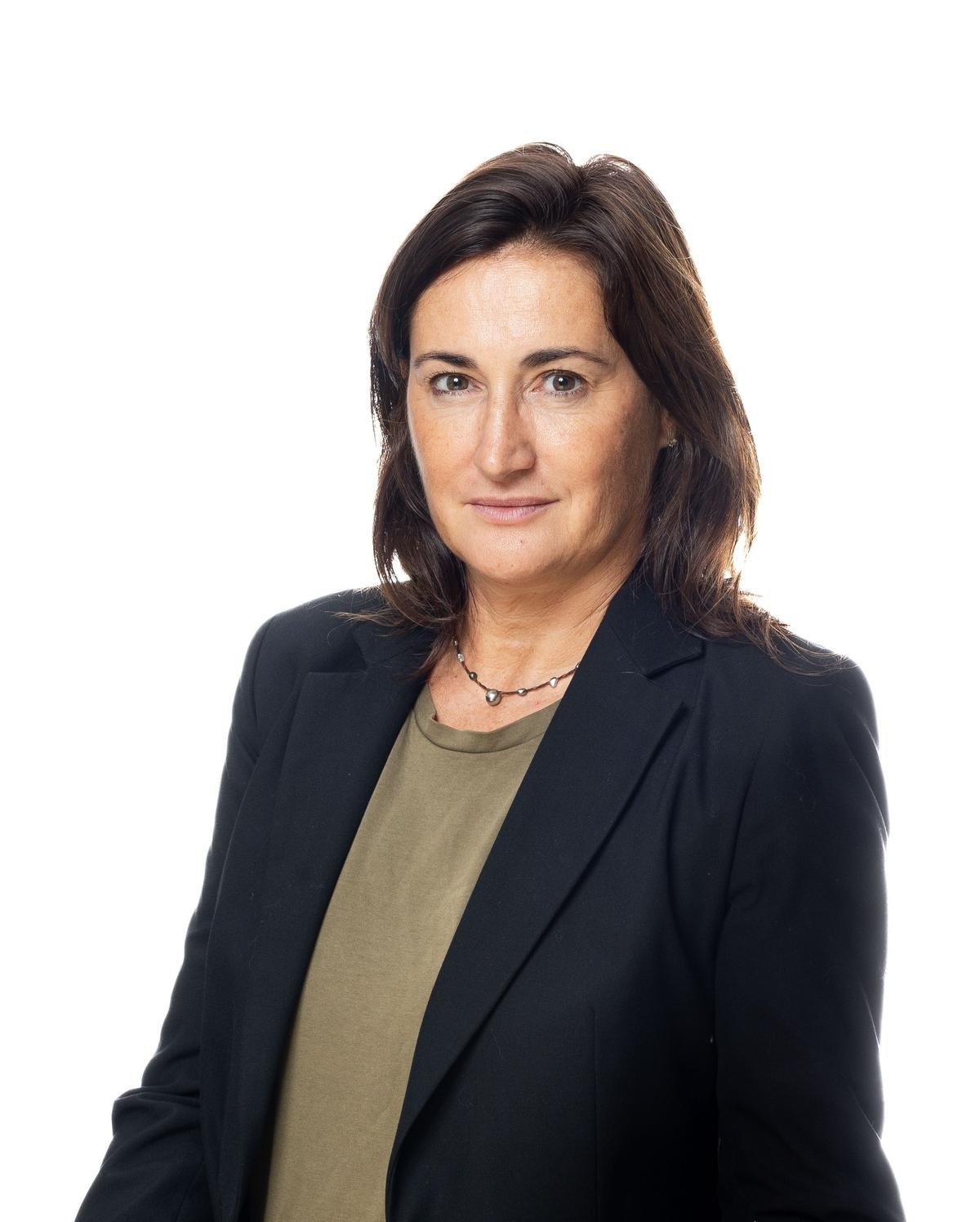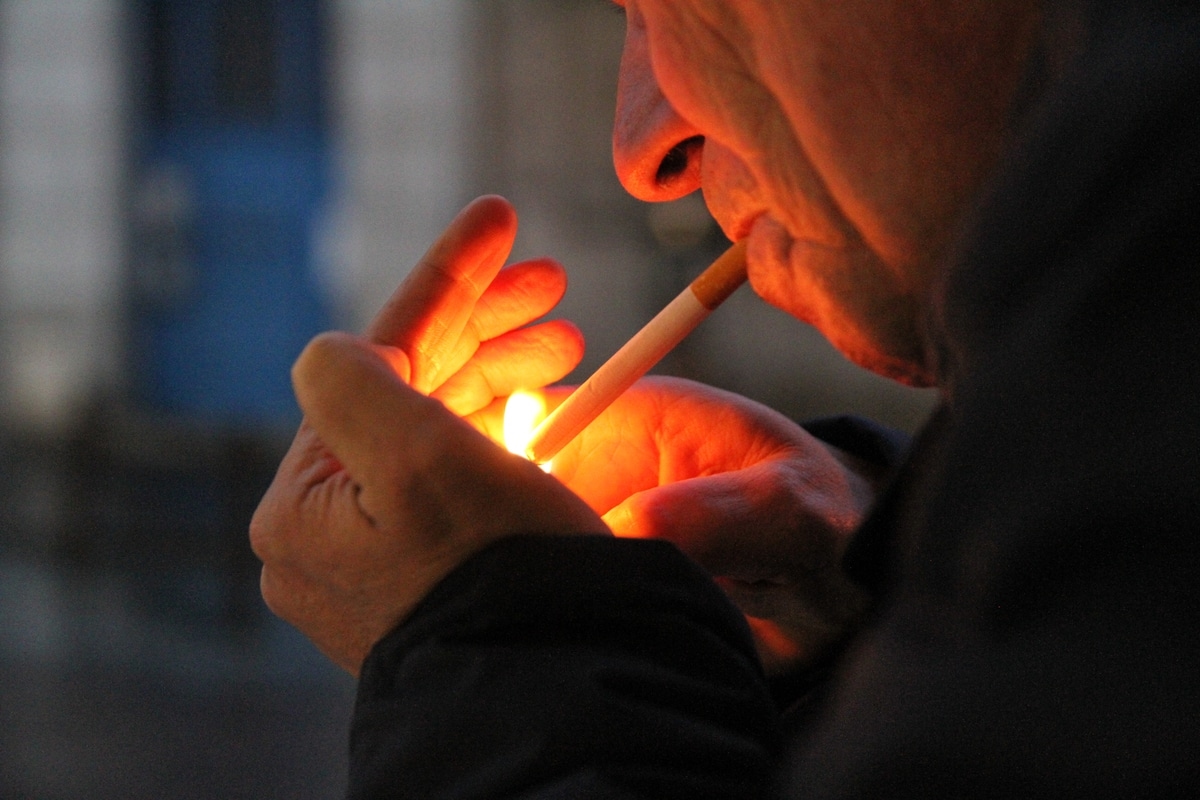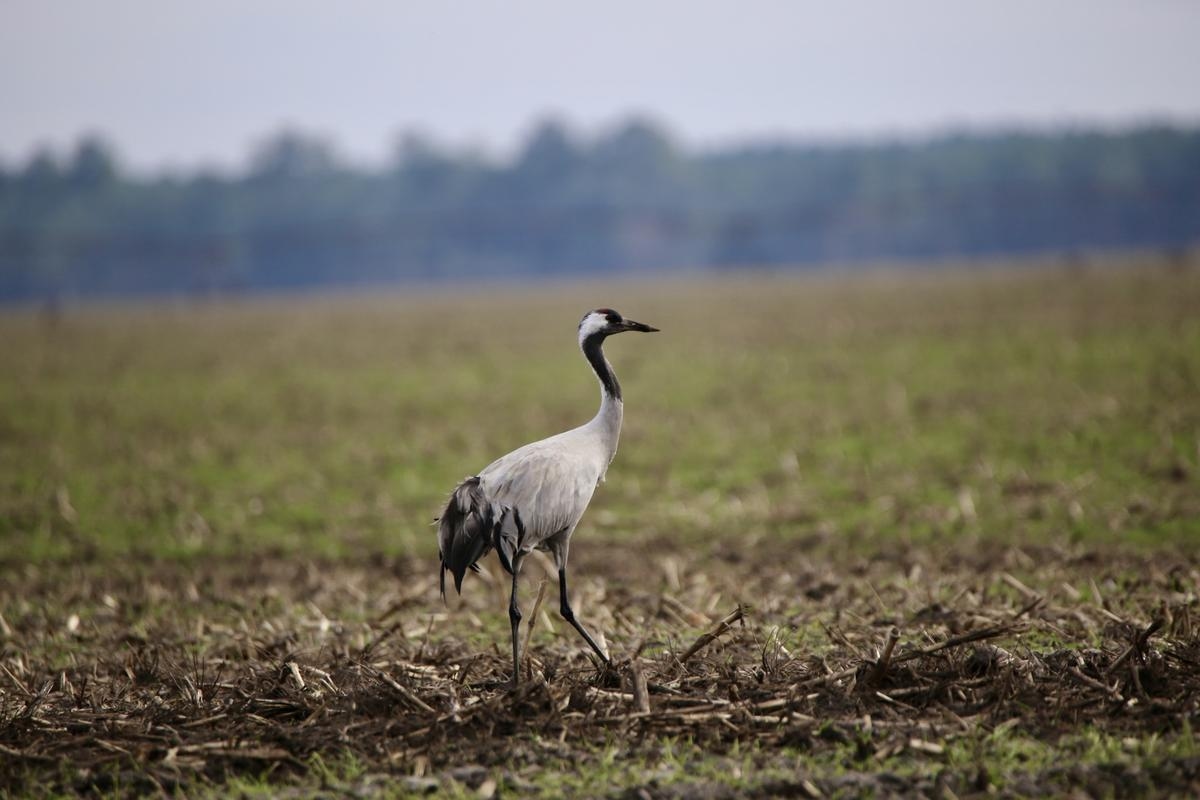Editorial. There is an urgent need to restore the image of the white coat.

The result: these medical students—tomorrow's healthcare experts—are struggling. Exhausted by weeks averaging fifty-nine hours (exceeding legal limits), overwhelmed by responsibilities, and crushed by working conditions. And precarious: paid between 260 and 400 euros gross. According to a union survey conducted in 2024, 66% of medical students have already experienced burnout, and 45% are depressed . A resident commits suicide every 18 days, as revealed by the National Union of Residents as early as 2021.
A medical air bridge between Dijon and Nevers
The only good news: the code of silence has been broken. Some sanctions are also starting to be imposed, such as in Poitiers where the university hospital was condemned for failing to respect the working hours of interns.
But awareness is slow to reach the root of the problem. It's easier to bail out the water . Like with this "medical air bridge," opened two years ago to send Dijon's "flying doctors" as reinforcements to the Nevers hospital. An operation that could potentially be extended to interns, despite its exorbitant cost.
Meanwhile, some students are abandoning their stethoscopes, discouraged. Thousands of others prefer to train in Romania or Spain, at a time when the French reform of medical degrees has further complicated the process. Certainly, the elimination of the numerus apertus has begun to reopen the floodgates, but much more will be needed to restore the prestige of the medical profession. When 20% of young graduates plan to practice abroad, it is high time the government decided to stem the tide.
SudOuest

